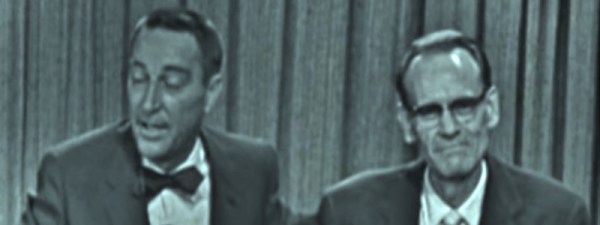The parenthood of any invention of consequence is almost never cut and dried. The natural tendency to want a simple story that’s easy to tell — Edison invented the light bulb, Bell invented the telephone — often belies the more complex tale: that most inventions have uncertain origins, and their back stories are often far more interesting as a result.
Inventing is a rough business. It is said that a patent is just a license to get sued, and it’s true that the determination of priority of invention often falls to the courts. Such battles often pit the little guy against a corporate behemoth, the latter with buckets of money to spend in making the former’s life miserable for months or years. The odds are rarely in the favor of the little guy, but in few cases was the deck so stacked against someone as it was for a young man barely out of high school, Philo Farnsworth, when he went up against one of the largest companies in the United States to settle a simple but critical question: who invented television?












